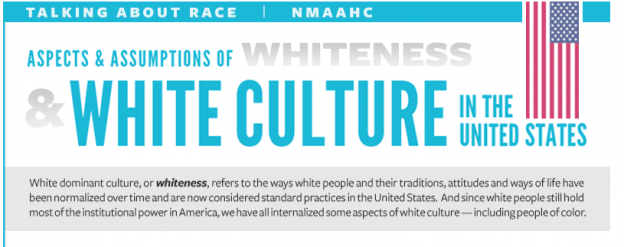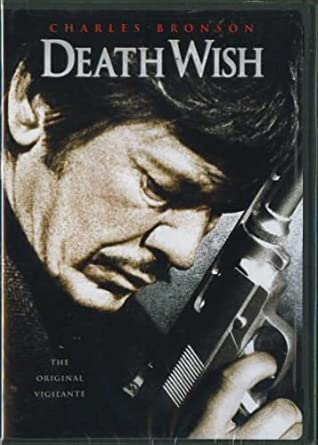The Smithsonian has some section called the National Museum of African-American History and Culture, as Steve Sailer points out. Thereon is a depiction of Whiteness. It’s meant to insult. Instead, it describes the values that have built a civilization, chief of which is delayed gratification or time preference.
Time preference rates, a term used by Austrian economists, is the degree to which different people discount the future in favor of immediate gratification.
To paraphrase Max Weber, it was the ascetic “Protestant Ethic” that gave rise to the “Spirit of Capitalism,” and to prosperity. Image Via Sailer:
My gut reaction to the Whiteness page was: Is the Smithsonian promoting Whiteness? Can’t be! Some exaggerated emphasis on the Protestant Ethic and obedience, since the most impressive rebels have been … pale patriarchs. In all, a flattering assessment of a creed to aspire to.”
Missing in the Smithsonian’s malign description of white mannerisms—namely the affect—is that a silent majority whose “culture” is being crowded out finds such WASPY mannerisms comforting and familiar; a sign of professionalism, dignity, decorum and rationality. Profoundly alien and disturbing are the wretched excesses we see on the street, of late, often from white youths, whose parents have gone native,* as the Smithsonian seems to advise.
Incidentally, the Smithsonian certainly doesn’t use the “oppressive” “King’s English.”
The world’s “largest museum, education, and research complex” describes itself as “a community of learning and the opener of doors.” Is the Smithsonian a doorman? The stupefying of the English language continues apace in the Anglo-sphere, under institutional auspices. Ugly English.
The Smithsonian certainly doesn’t use white, “oppressive” language to describe what it does.
Columbia University to Hold Five Week 'Deconstructing Whiteness' Lecture Series For White Students https://t.co/9YtGbLRUTa
— Cassandra Fairbanks (@CassandraRules) August 3, 2020
* “Go native”: “become less refined under the influence of a less cultured, more primitive, or simpler social environment.”
UPDATED (8/5/020):
De-whiting:
Have you “undone your whiteness” in a race-segregated training yet, racist? pic.twitter.com/WjOxByCanN
— Magdalena?? (@magdalenaP0L) August 5, 2020








